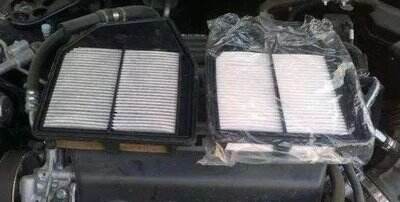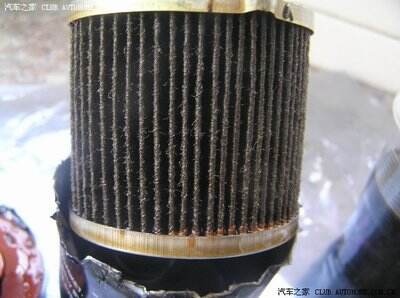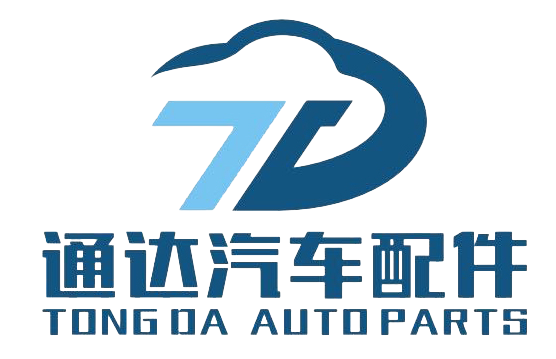Η επίδραση της γήρανσης του φίλτρου στην απόδοση του αυτοκινήτου Ελλάδα
Η επίδραση της γήρανσης του φίλτρου στην απόδοση του αυτοκινήτου
In the modern automotive industry, filters are an important component of the internal system of automobiles, responsible for filtering impurities, protecting the engine, and improving vehicle performance. However, with the passage of time and continuous changes in the usage environment, filters inevitably experience aging, which not only affects the performance of the filter itself, but also has a profound impact on the overall operation of the car. This article will start from the aging phenomenon of three main filters: air filter, oil filter, and gasoline filter, and explore in depth their specific impact on automotive performance.
1、 Aging of air filter and its impact
Firstly, an aging air filter can lead to insufficient intake of air into the engine. The main task of an air filter is to filter out dust and impurities from the air entering the engine, ensuring cleanliness inside the engine. When the air filter ages and becomes clogged, air circulation is obstructed, resulting in a decrease in engine intake and combustion efficiency, which in turn affects the engine's power output and fuel consumption performance. Drivers may feel weak acceleration, increased fuel consumption, and even engine shaking.
2、 Aging of oil filter and its impact
The main function of an oil filter is to filter out impurities such as oxides and metal debris in the engine oil, ensuring its cleanliness and protecting various engine components from wear and tear. However, as the oil filter ages, its filtering effect will gradually weaken.
Aging oil filters can cause impurities in the engine oil to be unable to be effectively filtered, and these impurities will circulate inside the engine with the oil, causing serious wear and tear to various engine components. Meanwhile, the aging of the oil filter can also affect the fluidity of the oil, leading to a decrease in oil pressure, which in turn affects the lubrication effect of the engine.
Aging oil filters can affect the lubrication efficiency of the engine. The function of an oil filter is to filter impurities from the engine oil, ensuring its cleanliness and protecting various components of the engine. When the oil filter ages, the filtering effect weakens and impurities in the oil increase, which may accelerate the wear of engine components and affect the service life of the engine. Meanwhile, clogged oil filters may also lead to insufficient oil pressure, further affecting the lubrication efficiency of the engine and increasing the risk of engine failure.

3、 Aging of gasoline filter and its impact
The main function of a gasoline filter is to filter impurities and moisture from gasoline, ensuring its purity and protecting the engine from impurities and moisture. However, as the gasoline filter ages, its filtering effect will gradually weaken.
Aging gasoline filters can cause impurities and moisture in gasoline to be unable to be effectively filtered. These impurities and moisture will enter the engine combustion chamber with gasoline, not only affecting the full combustion of fuel, but also accelerating the wear of internal engine components. Meanwhile, the aging of gasoline filters may also cause problems such as poor fuel supply and decreased power.
In addition, the aging of gasoline filters may also affect the sealing performance of the fuel system, leading to fuel leakage, which not only wastes fuel, but also may cause safety hazards such as fires.
4、 The comprehensive impact of filter aging on automotive performance
The aging of filters not only affects their respective filtration effects, but also has a profound impact on the overall performance of the car. Firstly, the aging of the filter can lead to accelerated wear of internal engine components, thereby reducing the engine's power performance and fuel economy. Secondly, the aging of the filter can also affect the cooling effect and heat dissipation performance of the engine, leading to serious malfunctions such as overheating and cylinder pulling. Finally, the aging of the filter may also cause problems such as fuel leakage and increased noise, seriously affecting the driving safety and ride comfort of the car.

Therefore, in order to maintain the optimal performance of the car, the owner should regularly check and replace the filter. When choosing a filter, priority should be given to products with high quality and good filtering effect to ensure stable operation of the car and extend its service life. At the same time, car owners should also pay attention to the usage environment and conditions of the filter, adjust the replacement cycle reasonably, in order to maximize the filtering effect of the filter and protect the engine from wear and damage.
In summary, the impact of filter aging on automotive performance cannot be ignored. Car owners should attach great importance to the maintenance and replacement of filters to ensure that they are always in good working condition, providing strong guarantees for the stable operation and extended service life of the car.

 EN
EN







































